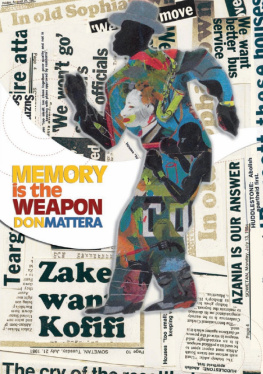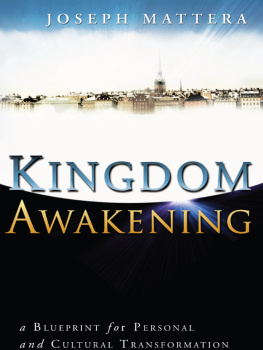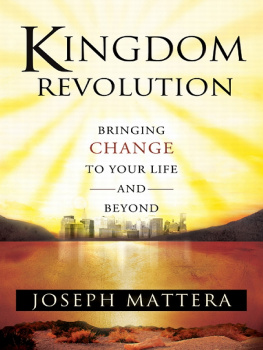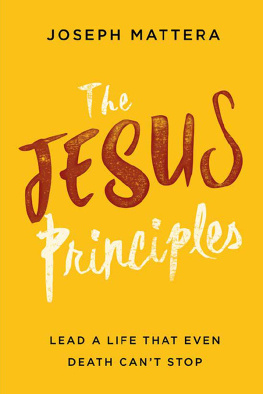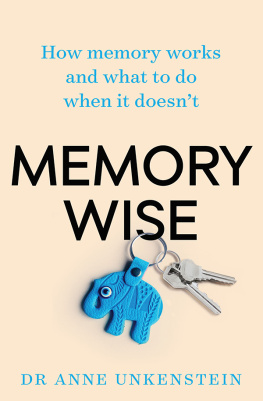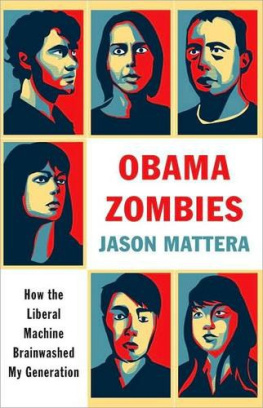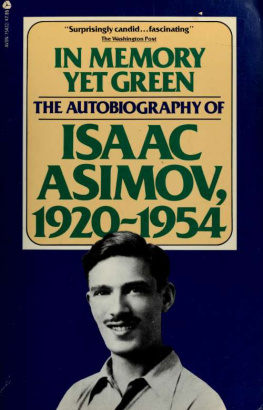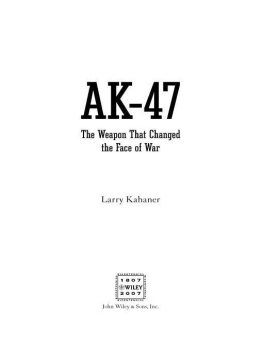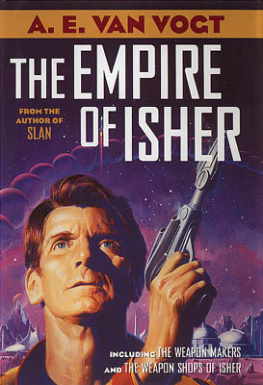
The Department of Arts and Culture (South Africa)
has contributed financially to the reprinting of Memory is the Weapon.
African Perspectives Publishing
PO Box 95342
Grant Park 2051
South Africa
www.africanperspectives.co.za
in association with
African Morning Star Publications
PO Box 562
Florida 1710
South Africa
Don Mattera 2007
All rights reserved. No part of this publication may
be reproduced, stored in a retrieval system
or transmitted in any form or by any means,
electronic, mechanical, photocopying or otherwise,
without the prior written permission of the author.
First published by Raven Press 1987
This edition (revised) published by African Perspectives Publishing
in association with African Morning Star Publications 2007
ISBN (soft cover) 978-0-620-39487-1
ISBN (hard cover) 978-0-620-39490-1
Edited by Paul Denham
Typeset by Gail Day
Cover design by Phehello Mofoleng, Design Garage
Colour illustration courtesy of Peter Hammer Vertag, Wuppertal, Germany
Printed and bound by Intrepid Printers (Pty) Ltd
Donato Francesco Mattera has been celebrated as a journalist, editor, writer and poet. He is also acknowledged as one of the foremost activists in the struggle for a democratic South Africa, and helped to found both the Union of Black Journalists, the African Writers Association and the Congress of South African Writers.
Born in 1935 in Western Native Township (now Westbury) across the road from Sophiatown, Mattera can lay claim to an intriguingly diverse lineage: his paternal grandfather was Italian, and he has Tswana, Khoi-Khoi and Xhosa blood in his veins. Yet diversity was hardly being celebrated at that time. In one of apartheids most infamous actions, the vibrant multicultural Sophiatown was destroyed in 1955 and replaced with the white suburb of Triomf, and the wrenching displacement, can be felt in Matteras writing.
Writing was certainly not an obvious conclusion to his youth, which had been characterised by gangs, violence and jail. Partly under the influence of Father Trevor Huddleston, Mattera began wielding a pen rather than a knife, yet with equal facility; using the struggle as his subject, he went on to produce a series of poems, stories and plays of force and originality. The authorities responded by raiding his house, imprisoning, torturing, and banning him for ten years. It was during these tumultuous times that Mattera wrote the poems contained in Azanian Love Song. These were followed by plays, an autobiography, childrens writings and more poetry. All this was accomplished while he worked as a journalist for The Star, the Weekly Mail (now the Mail & Guardian) and other newspapers.
Mattera is the holder of several prestigious literary awards as well as numerous humanitarian citations, including the South African Presidential Order of Ikhamba Silver (2007), the South African Department of Arts & Culture Literary Lifetime Achievement Award (2007), the Crown of Peace Award (Korea and Washington 2004), the Ambassador of Peace Award (Kenya 2001), the World Health Organisations Peace Award from the Centre of Violence and Injury Prevention (1997), and the French Human Rights Award for the We Care Trust. He has also been awarded an honorary PhD Literature, from the University of Natal.
He continues to serve as an active patron of several well-known charities in Johannesburg.
By Bernard Magubane
Whatever the case, action is a reality! It forms part of that givenexistence from which the magical mind which claims to graspand arrest the world may well emerge in order to hurl itself intothe void but which it can transcend only illusorily. Action is areality.
Henry Lafebvre, Dialectical Materialism
Don Matteras autobiographical essay is an example of the kind of action that Lafebvre describes in the passage above. Matteras poetry and books about the black condition and struggles in South Africa derive not from contemplation but from the thick of struggle. It is the combination of theory and practice that has earned Mattera the title of the Bard of the peoples liberation struggle. The story of his life in Sophiatown as told in this essay is intricate. Covering Matteras teenage years from 1948 to 1962 when Sophiatown was bulldozed out of existence, it weaves together both his personal experience and political development.
Through Matteras personal recollections we come as close as possible to a glimpse of how history actually happens, how one individual achieves self-awareness and moves from self-estrangement to become a conscious actor in history. In telling the story of his life as a coloured teenager, Mattera takes on the ambitious goal of making us recapture the crucial events of the 1950s in Sophiatown, one of the most important decades in the history of black political struggles in South Africa.
The Nationalist Party, which came to power in 1948 and has ruled South Africa ever since, chose as its main election issue the extension of the policy of apartheid, or baaskap (literally boss rule), to all areas of life. The election of this party, which espoused naked white supremacy, posed a serious challenge to black people throughout the country. The African National Congress (ANC), which had been founded in 1912, and the South African Indian Congress, formed by Mahatma Gandhi in 1908, worked out an alliance to resist the policies of the Nationalist Party and called on other ethnic parties to join them. The result was the Congress Alliance (CA) made up of the ANC, SAIC, the Coloured Peoples Organisation, and the White Congress of Democrats. In 1952 the CA launched the Defiance Campaign a non-violent challenge to the apartheid laws.
The aim of apartheids legal superstructure was to freeze black political expression by imposing a legal framework of unbelievable harshness and cruelty.
It was this atmosphere of ANC-led resistance that played a key role in Matteras political development and that made him put down the knife and gun (as gang leader) and take up the pen. One of the organisations that Mattera participated in was the Western Areas Student Association, a branch of the ANCs youth wing. He also worked as a journalist and was the founder of the Union of Black Journalists. In 1986 he helped to found the Congress of South African Writers and after the banning of the Black Consciousness Movement became an executive member of the National Forum. These activities resulted in his being placed under house arrest and in his political banning.
Mattera might have remained a leader of the notorious Vultures gang, which he formed and which terrorised the people of Sophiatown in the early 1950s, had the Nationalist Party not embarked on its policy of cleaning the so-called black spots in white areas through the Group Areas Act of 1950. The resistance to this Act, which sought to racially segregate residential areas, aroused the political consciousness of large numbers of people, including Mattera. He recalls attending mass meetings held in the Newclare Victory Square and Sophiatowns Freedom Square, where he heard the ANC leaders Dr Alfred Xuma, Dr YM Dadoo, Moses Kotane, OR Thambo, Nana Sita, Robert Resha, and others denounce the evils of apartheid. ANC activists like Robert Resha motivated gangs to redirect their frustrations to political activity, and in particular urged them to join the Defiance Campaign. Two individuals in particular made a great impact on Matteras life: Father Trevor Huddleston, an Anglican priest whose parish was in Sophiatown, and Nana Sita, the leader of the South African Indian Congress and Gandhis follower. Speaking of the latter, Mattera writes: Few men in this world continue to live beyond their graves; Nana Sita was one of them. He had transformed despair into hope; fear into understanding; cowardice into courage (p.11).






